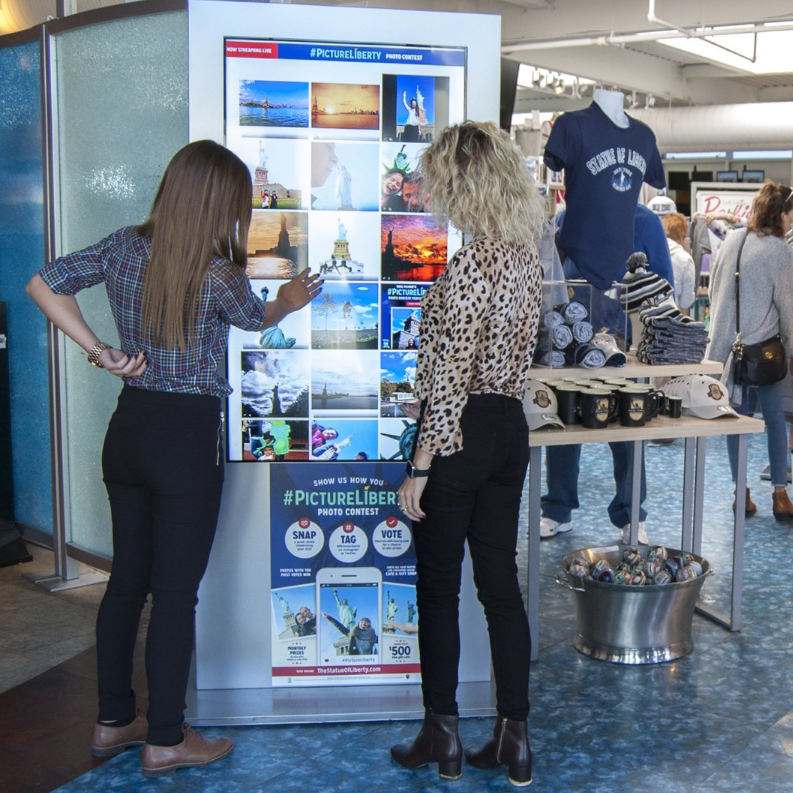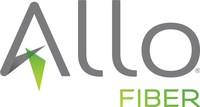How Chrome Digital Signage Drove Traffic to The Statue of Liberty Website

I ran across a story on Google’s Connected Workspaces blog how digital signage powered by Google Chrome was used to drive website traffic to the Statue of Liberty and to make the store underneath it more engaging.
Evelyn Hill, the gift shop under the Statue of Liberty on Ellis Island, wanted to emulate a photo contest they saw promoting a remote national park in Florida called Dry Tortugas. They were told to contact BlackDog Advertising based in Miami, Florida, which created a cool kiosk in their visitor center showing photos where people were vying to win a $500 prize. The Evelyn Hill gift shop wanted that too.
“We took on the challenge of transforming Evelyn Hill’s gift shop and restaurant, the Crown Cafe, into a visitor destination, and driving traffic to thestatueofliberty.com,” says John W. Penney, creative director and CEO of BlackDog Advertising.
Evelyn Hill was interested in replicating the photo contest. “This time, we’d be creating a live photo feed so visitors could see images as they were uploaded” Penney said. “My company had a great experience using Chrome devices before, so we decided to use Chrome digital signage devices because they are easy to deploy, cost effective and make content management a breeze.”
Penney says that “the photo contest has driven incredible engagement” with over 21,700 photo votes cast, both in person and online. The website saw a 270% increase in traffic but more importantly, the kiosk itself has become a very engaging part of the visitor experience. Because of this the store is looking at ways to expand the photo contest to more locations on Ellis. Best of all, it’s a very inexpensive way to increase website traffic and also make the visit to their Ellis Island store more fun.
How To Do It For Your Business
To drive high engagement, we created live-updating digital signs to draw visitors into the Crown Cafe and engage them in the photo contest. Monitors are powered by Google Chromebits that are remotely operated using Chrome Device Management, so the cafe can easily display contest results. Meanwhile, visitors can use the #PictureLiberty hashtag to share their photos on the Statue of Liberty website and encourage their friends to vote for their submission.
The flexibility of Chrome lets us optimize signage solutions. With Chrome Device Management we were able to easily install WooBox, which collected contest photos from social media, on all of our managed devices (in this case, Chromebits). We don’t want to deliver cookie-cutter solutions to our customers, and Chrome enables us to build solutions that stand out from the crowd.
Using Chrome also helped keep the campaign cost effective. Since Chrome Sign Builder is free to use and the photo content is user-generated, hardware was the only cost. Each of Liberty Island’s four units cost just $109, including access to Chrome Device Management, which allowed us to easily install apps on the Chromebits. Achieving this low cost would have been impossible with any other digital signage solution.
Read more of the post by BlackDog Advertising’s John W. Penney on Google’s Connected Workspaces blog.



